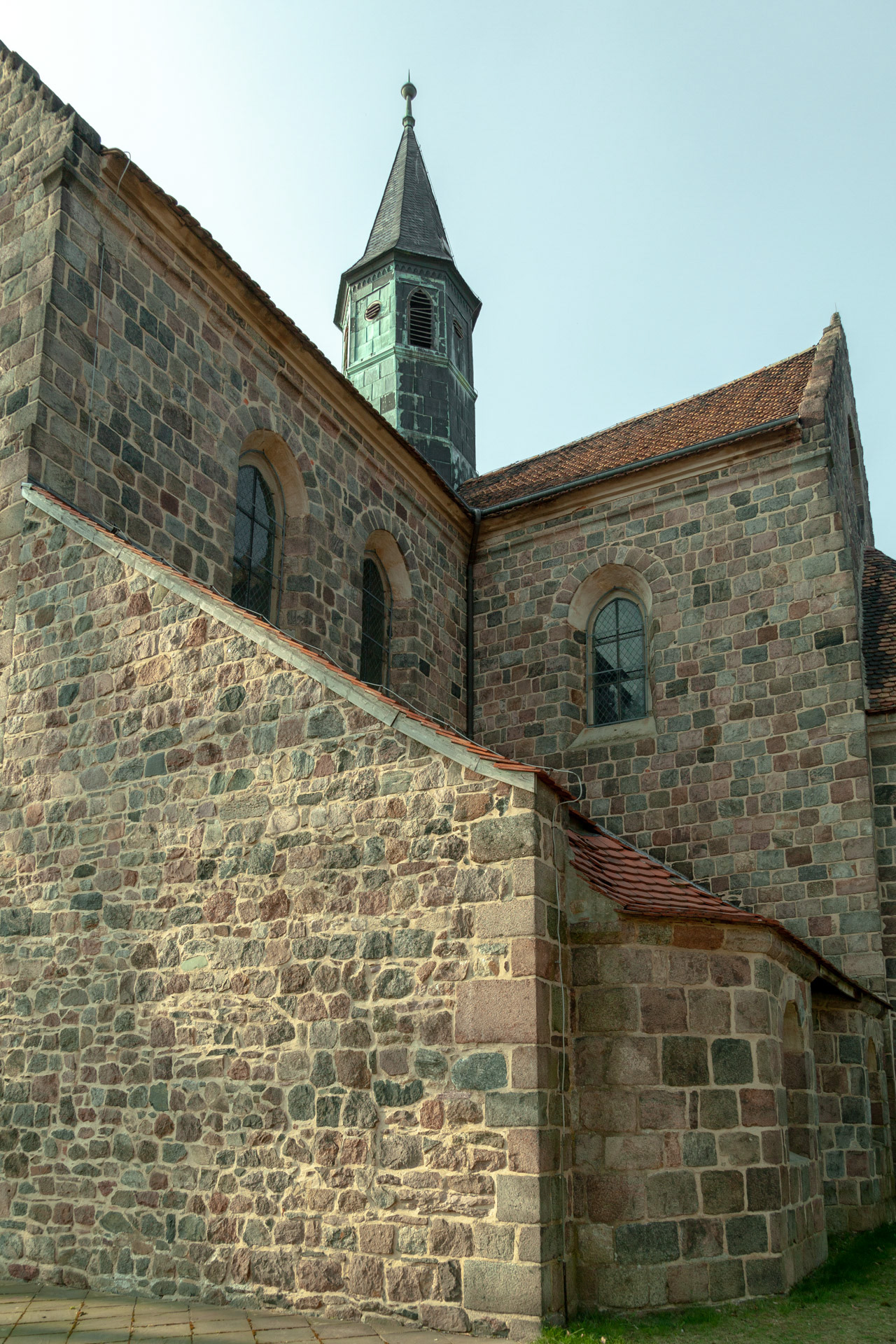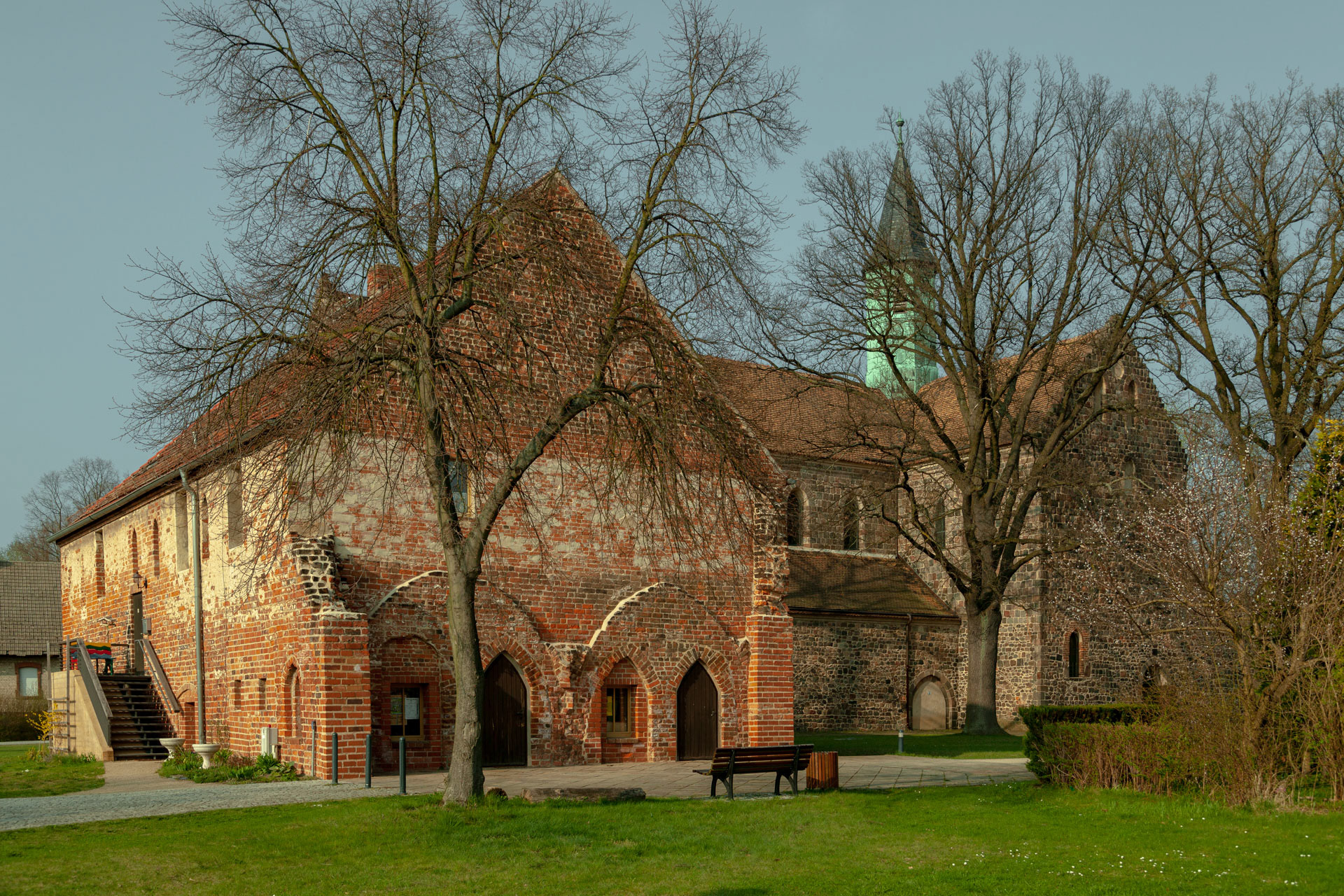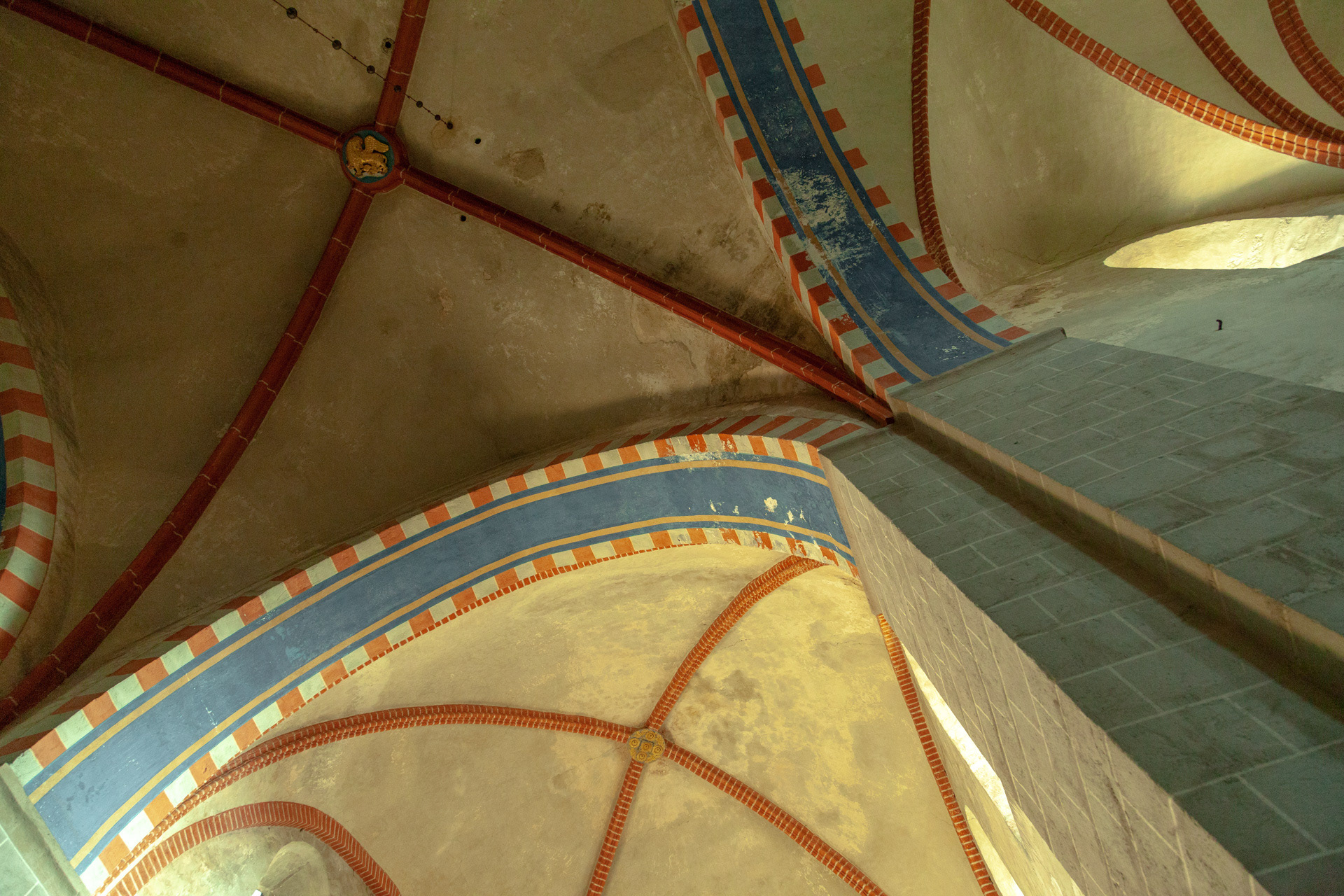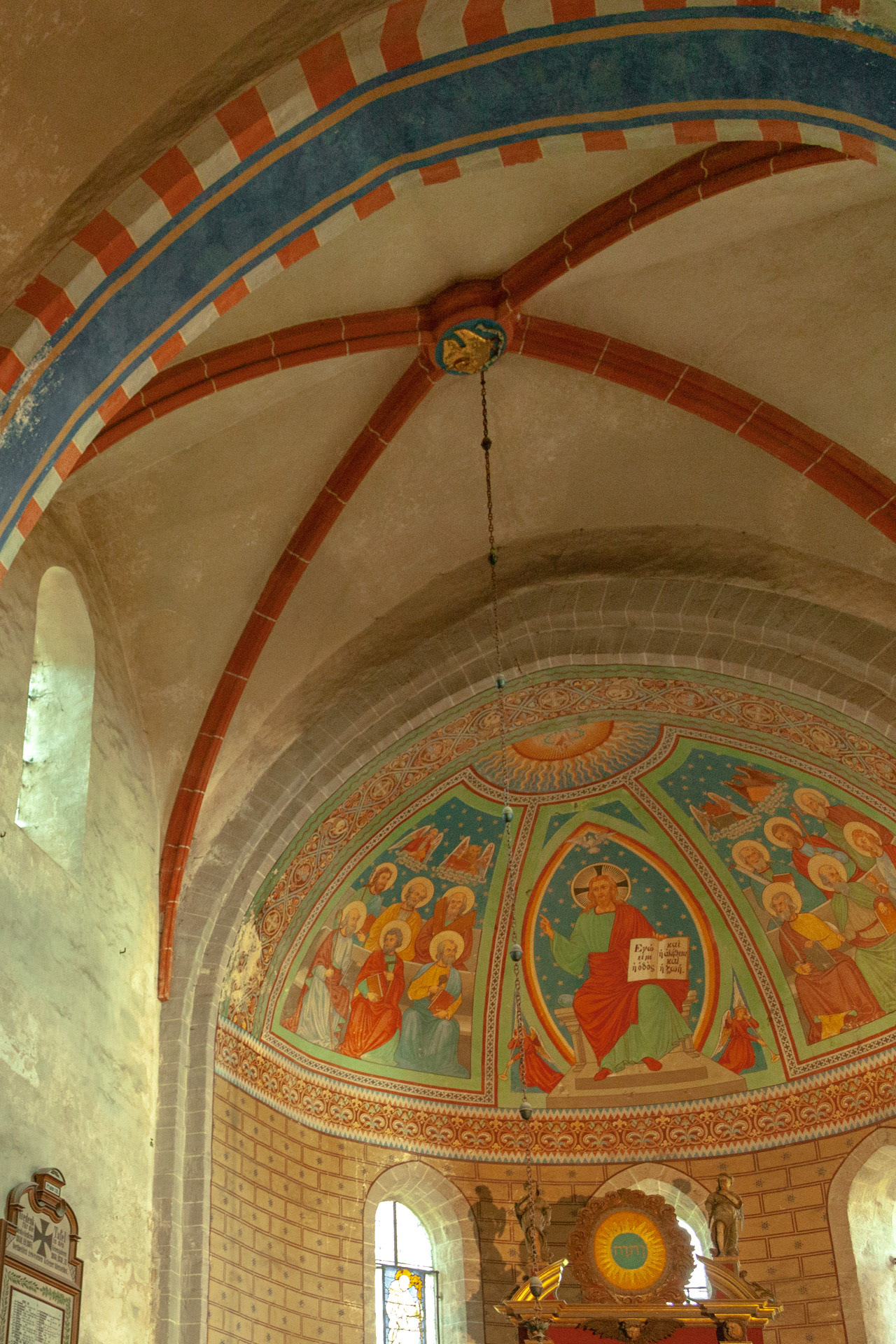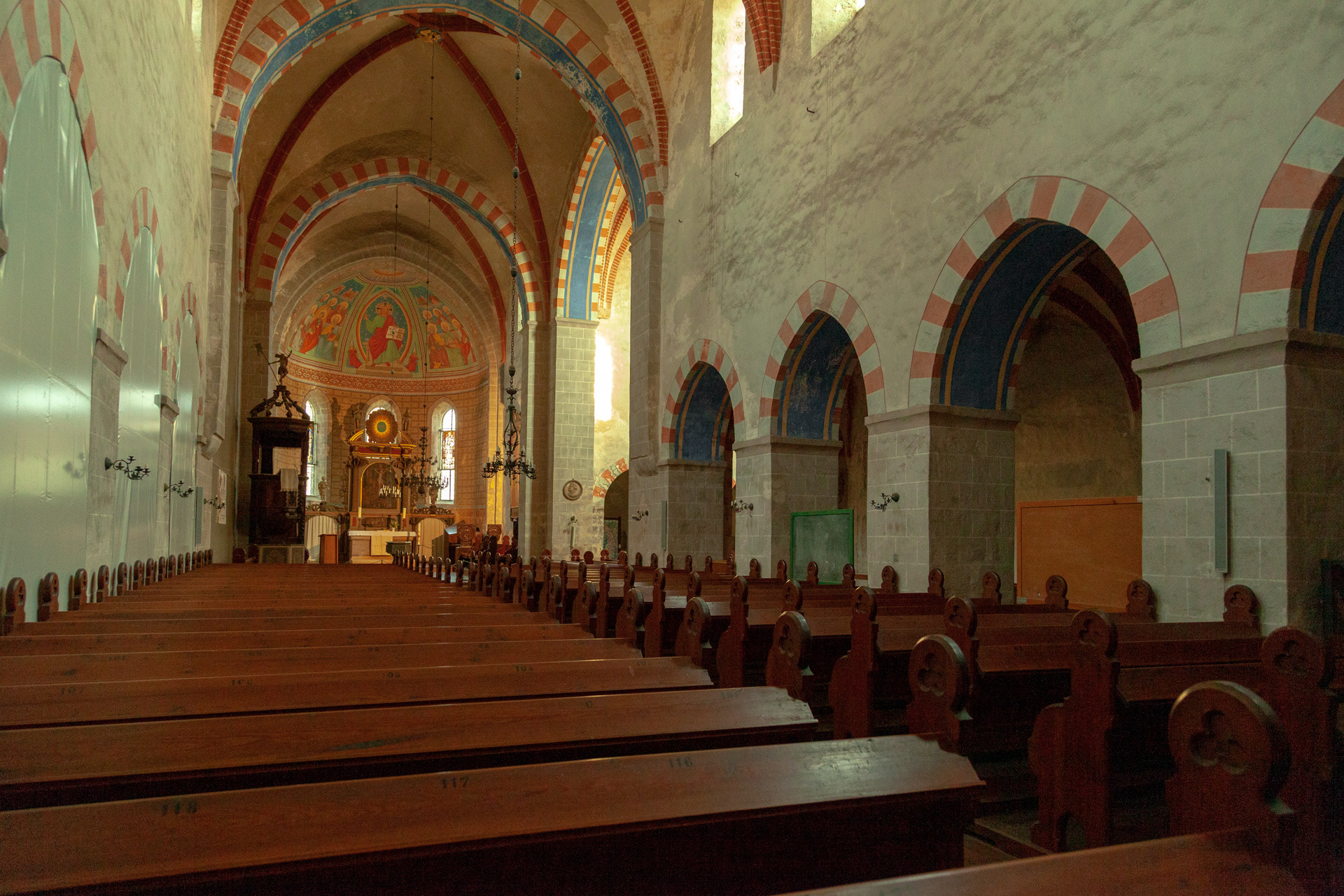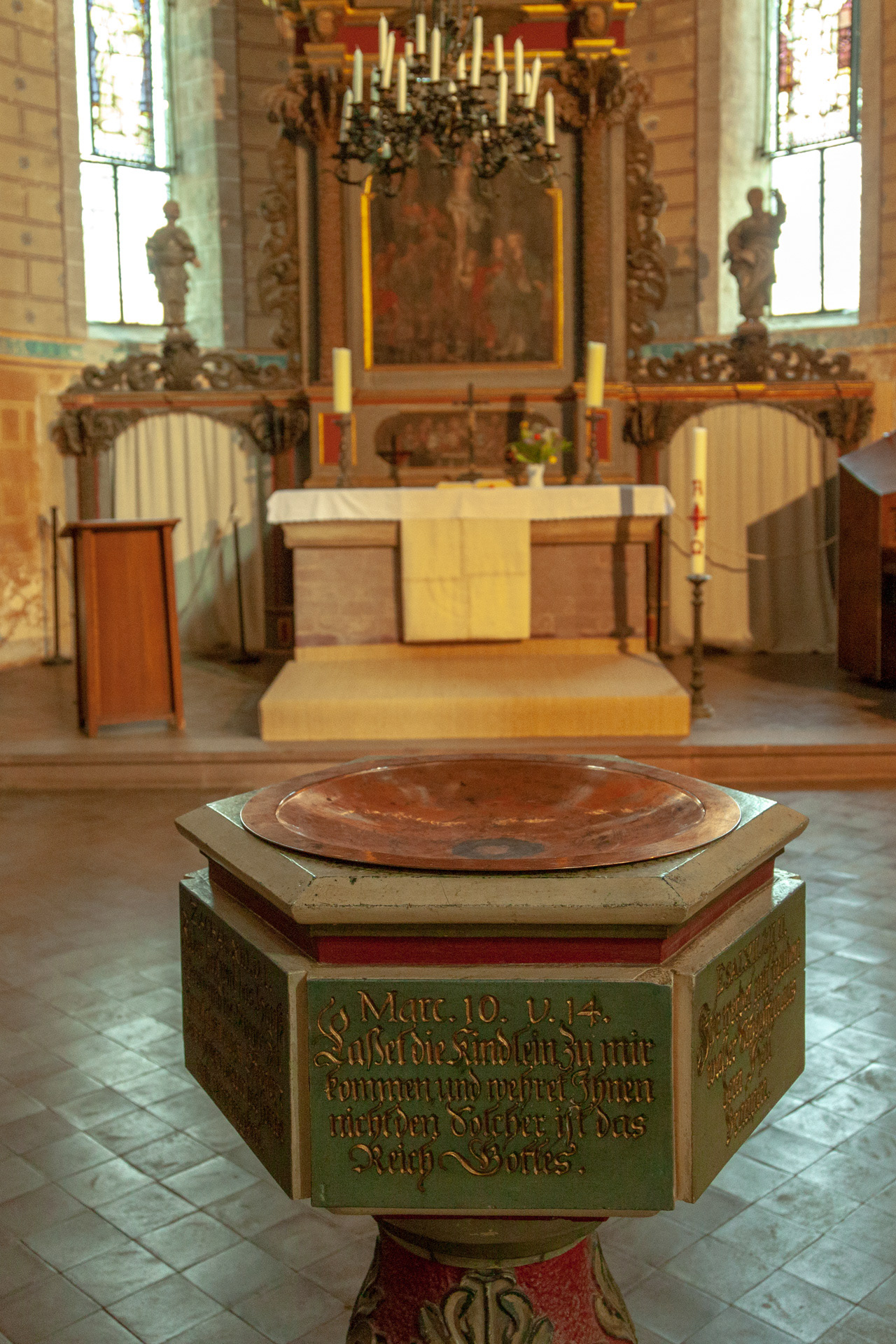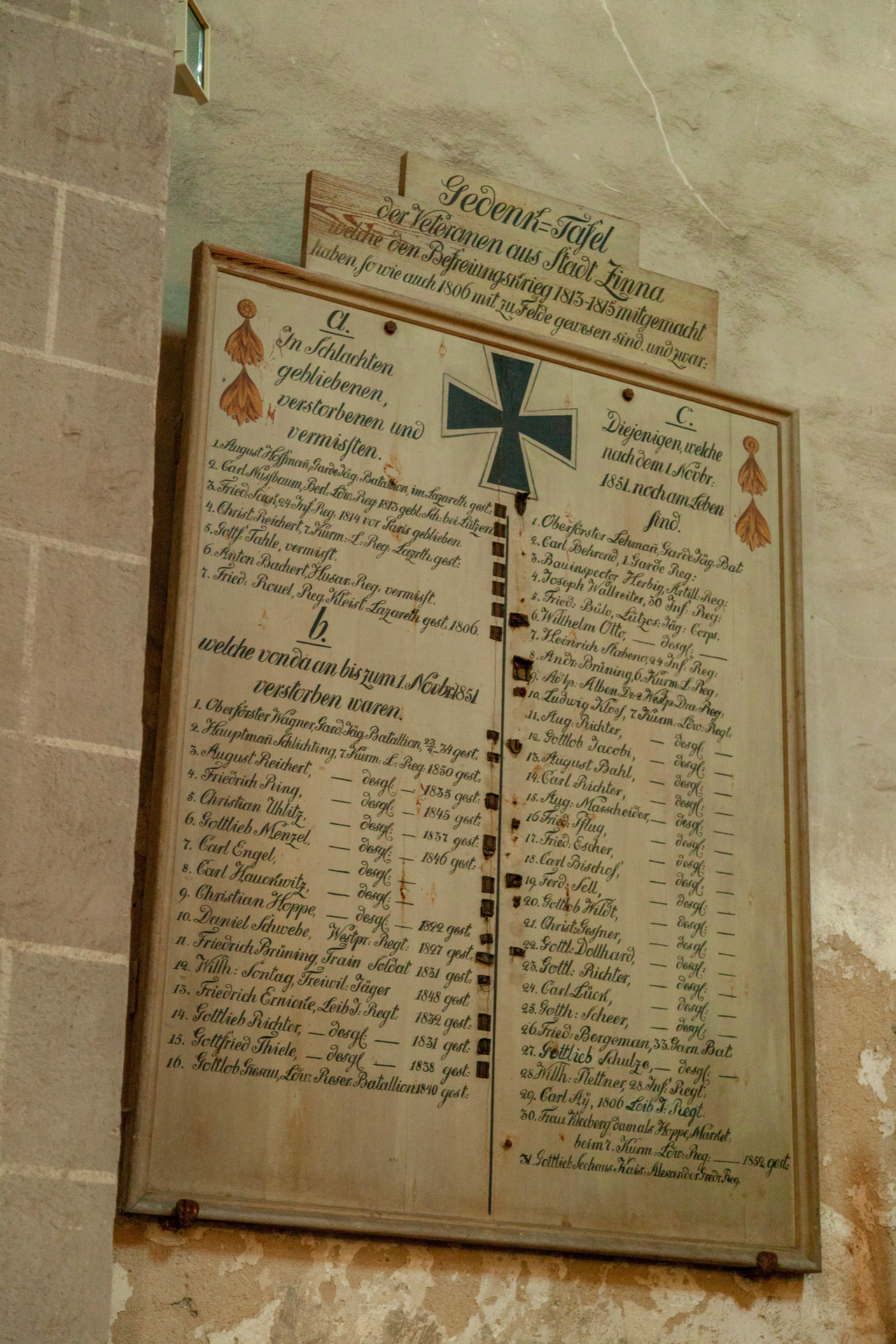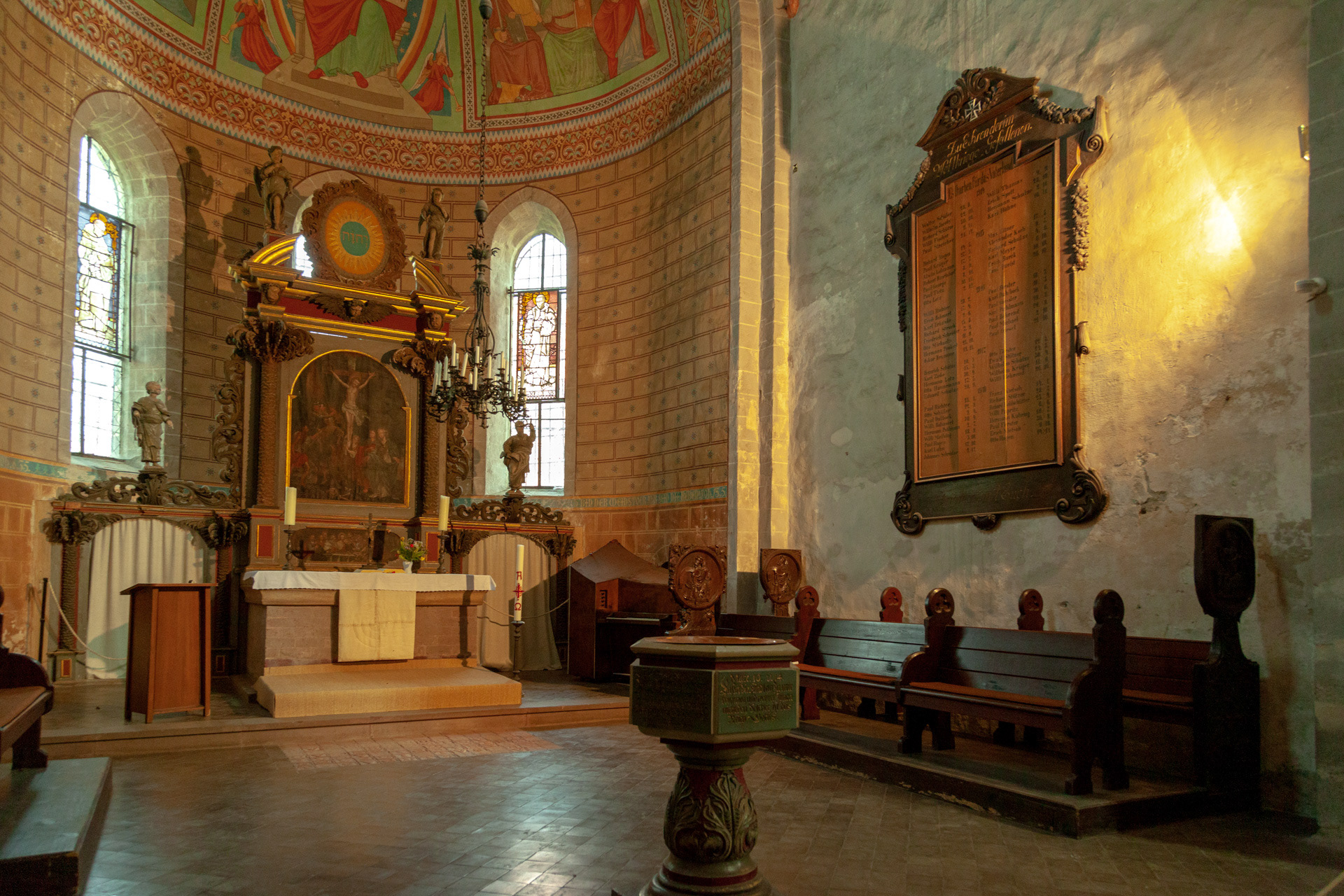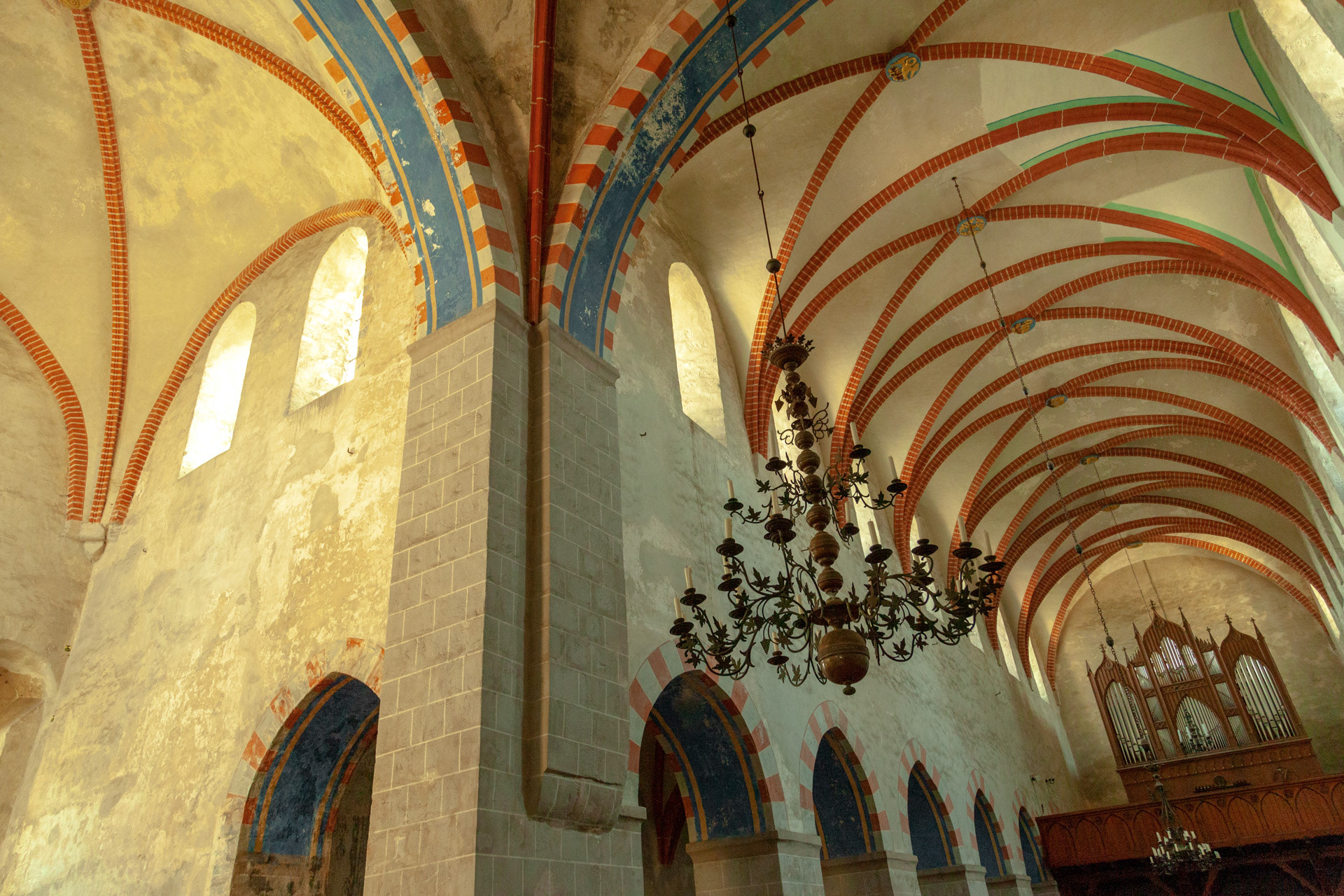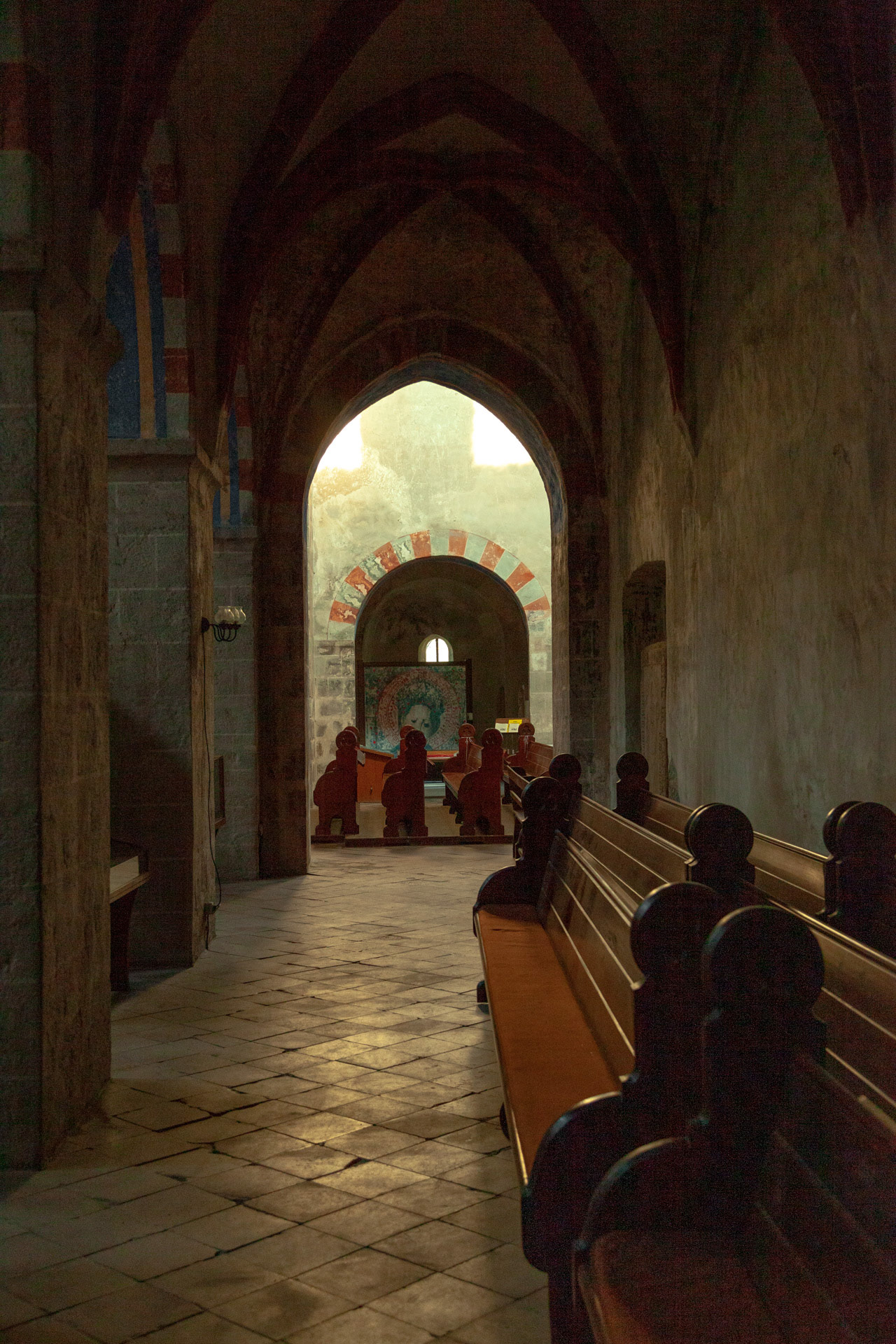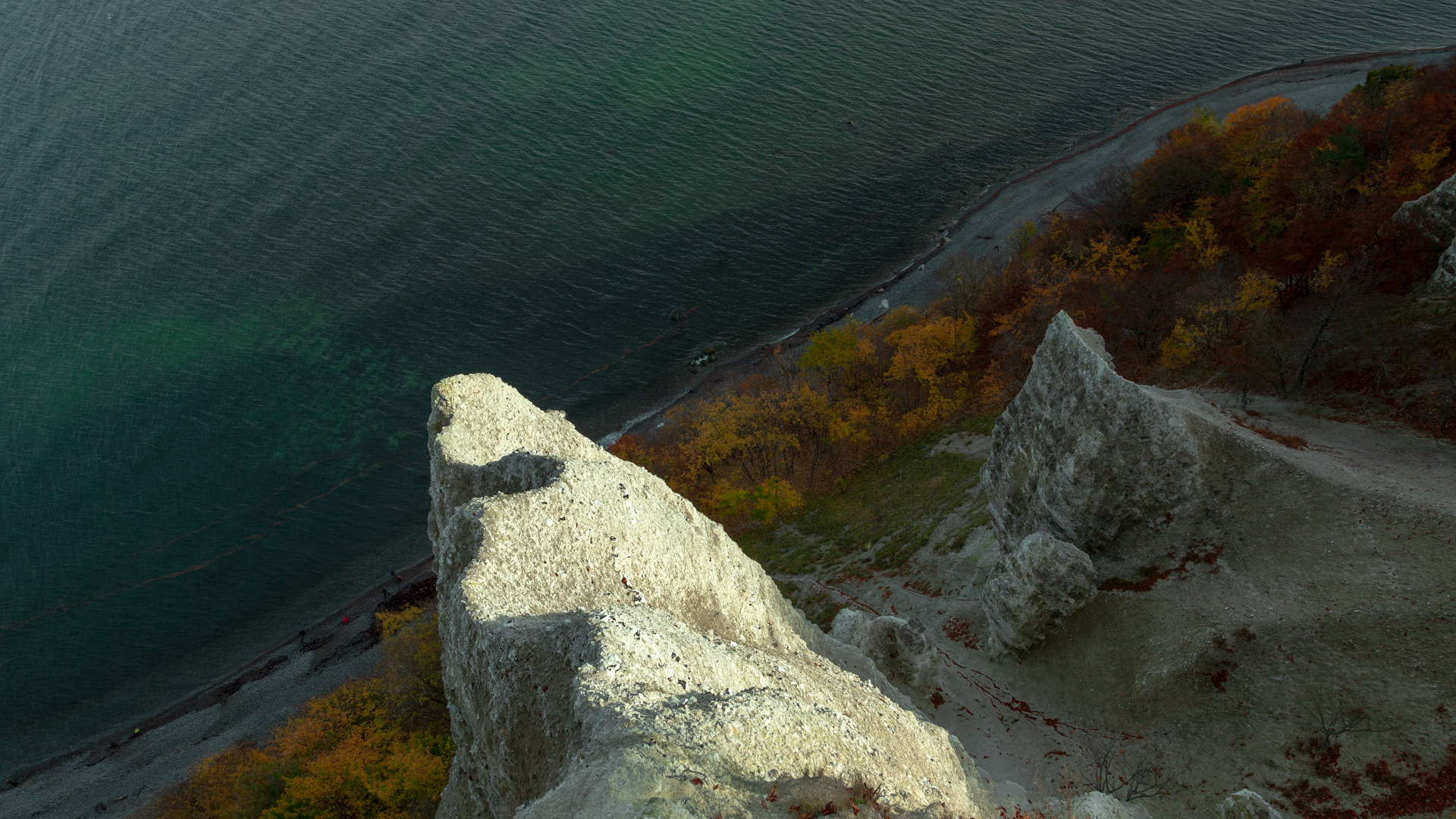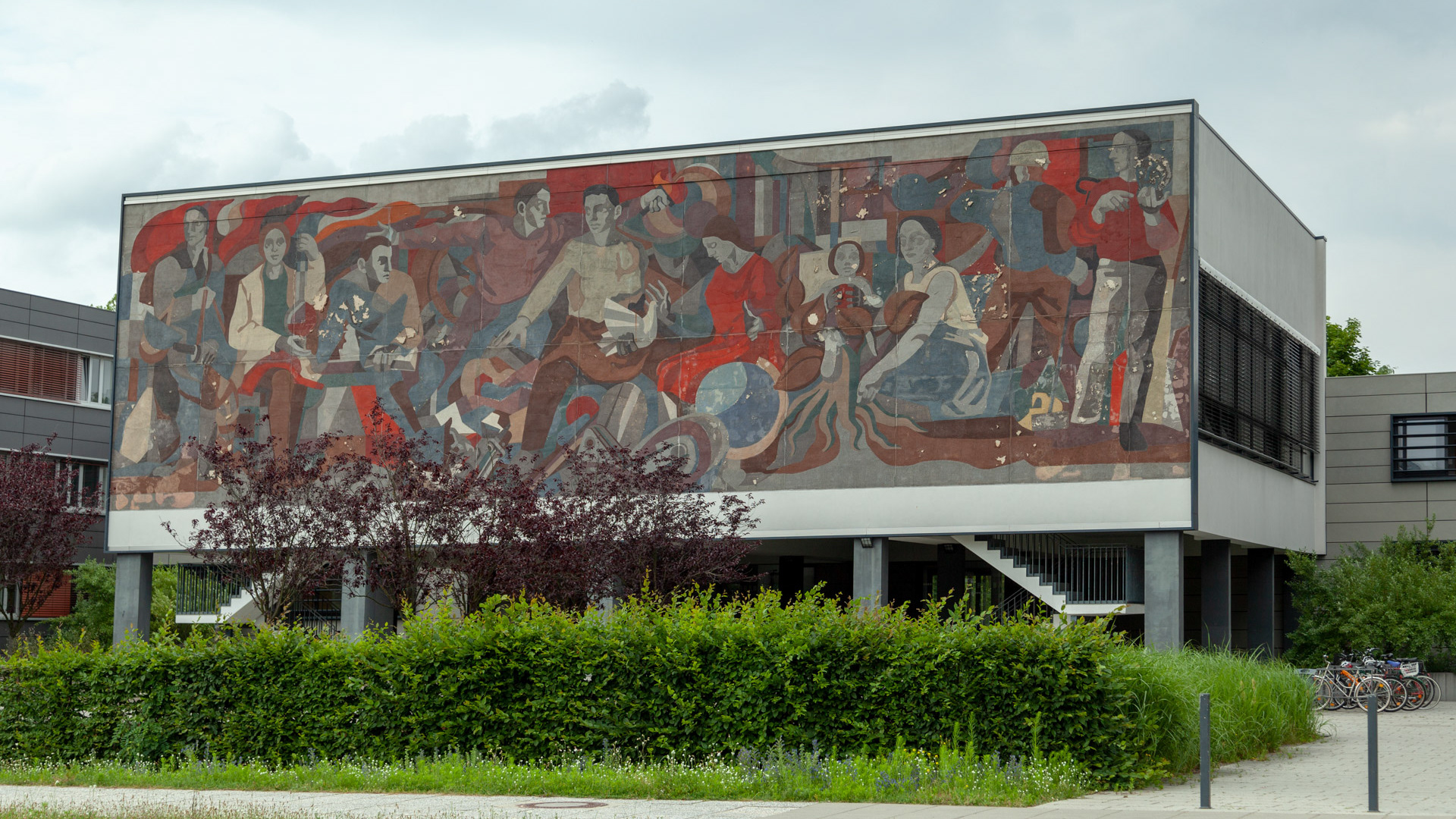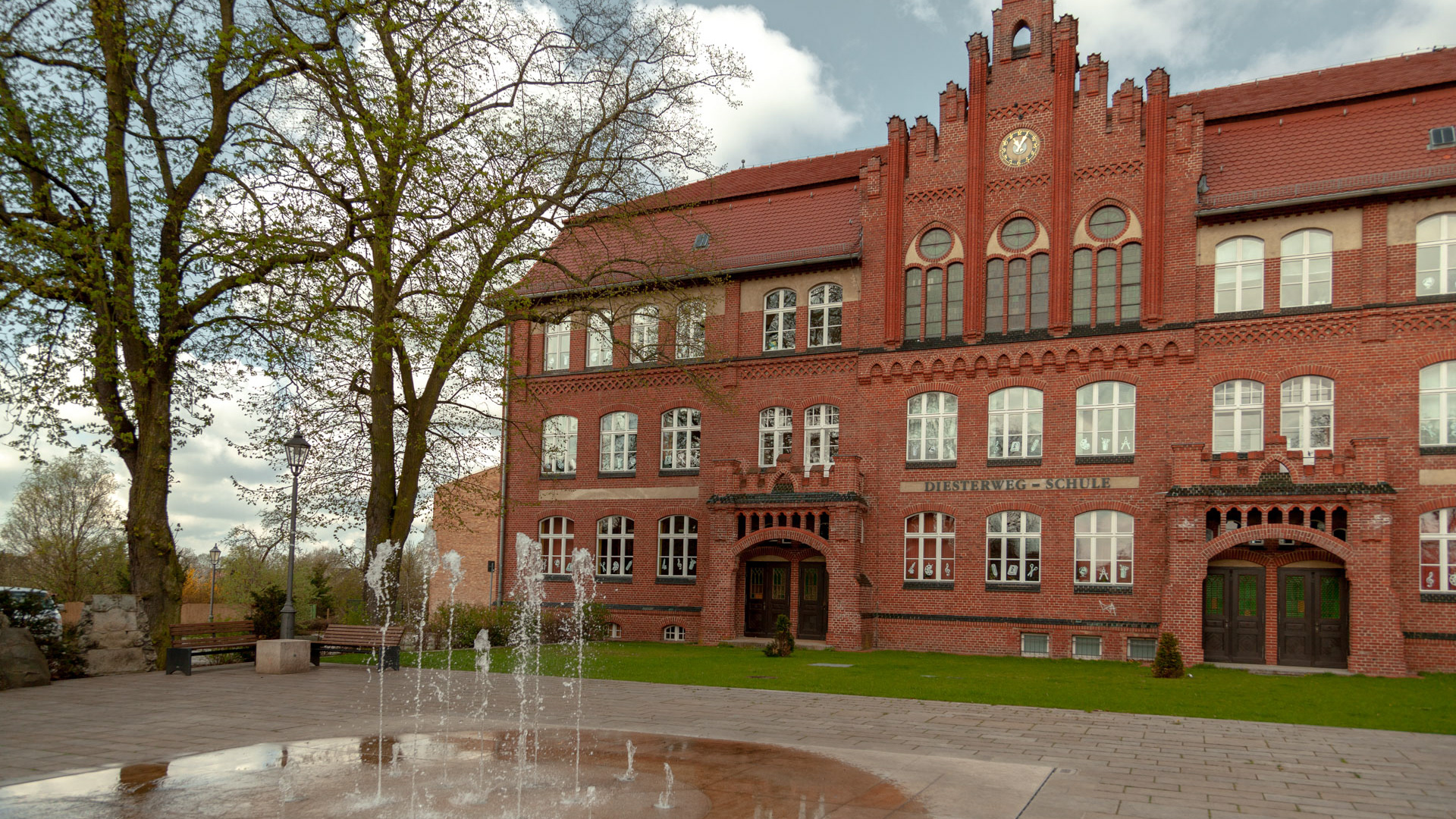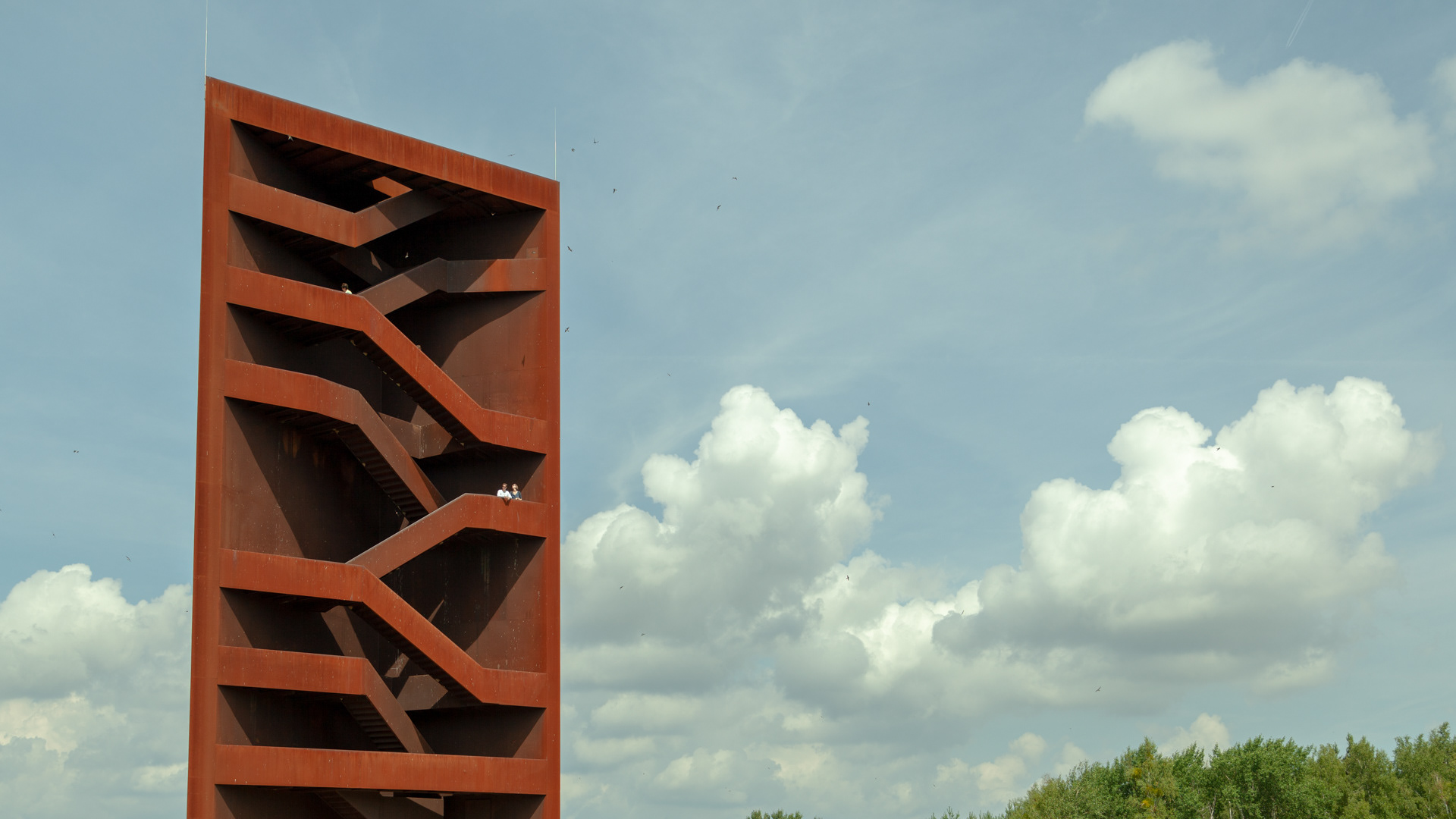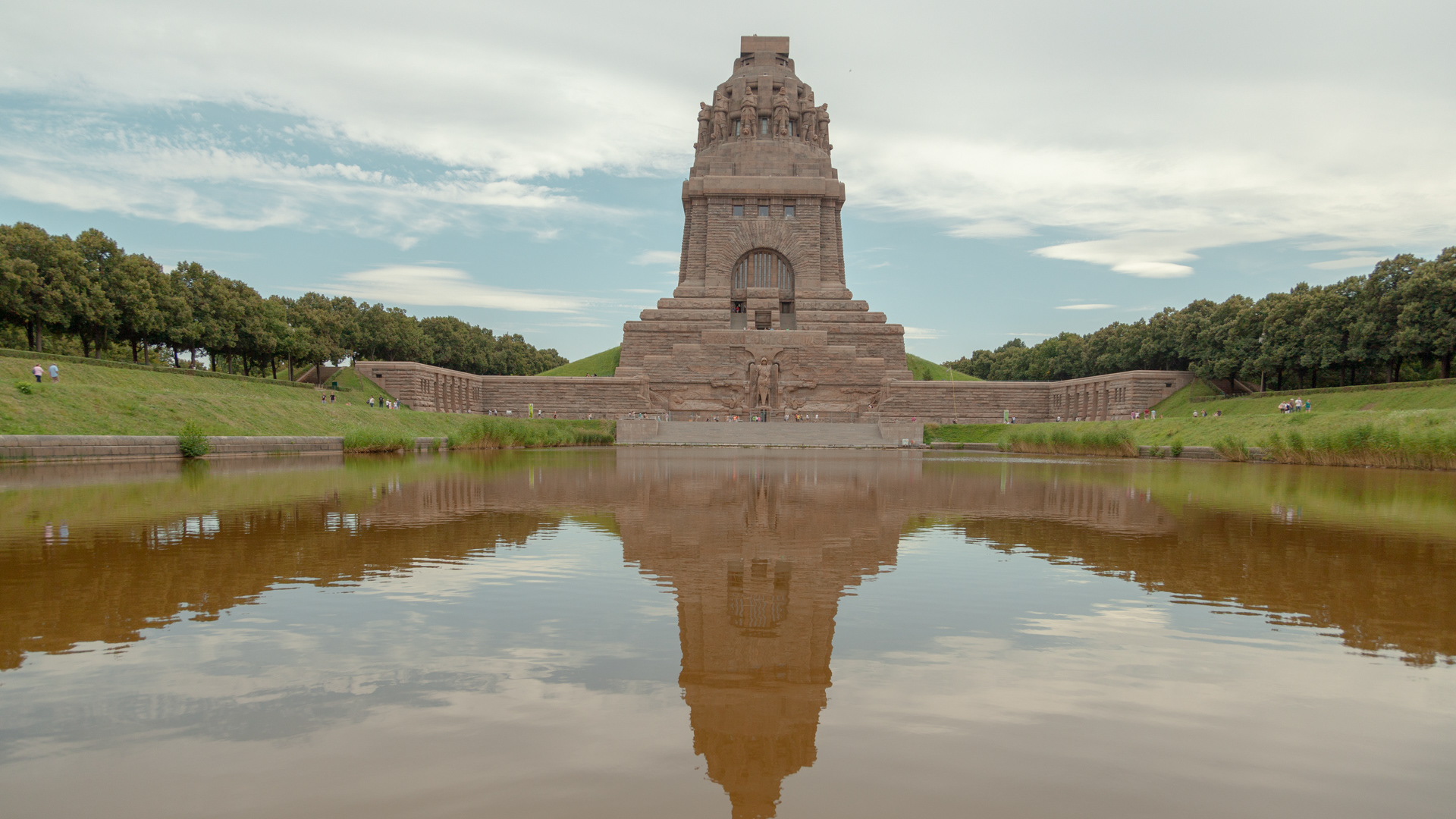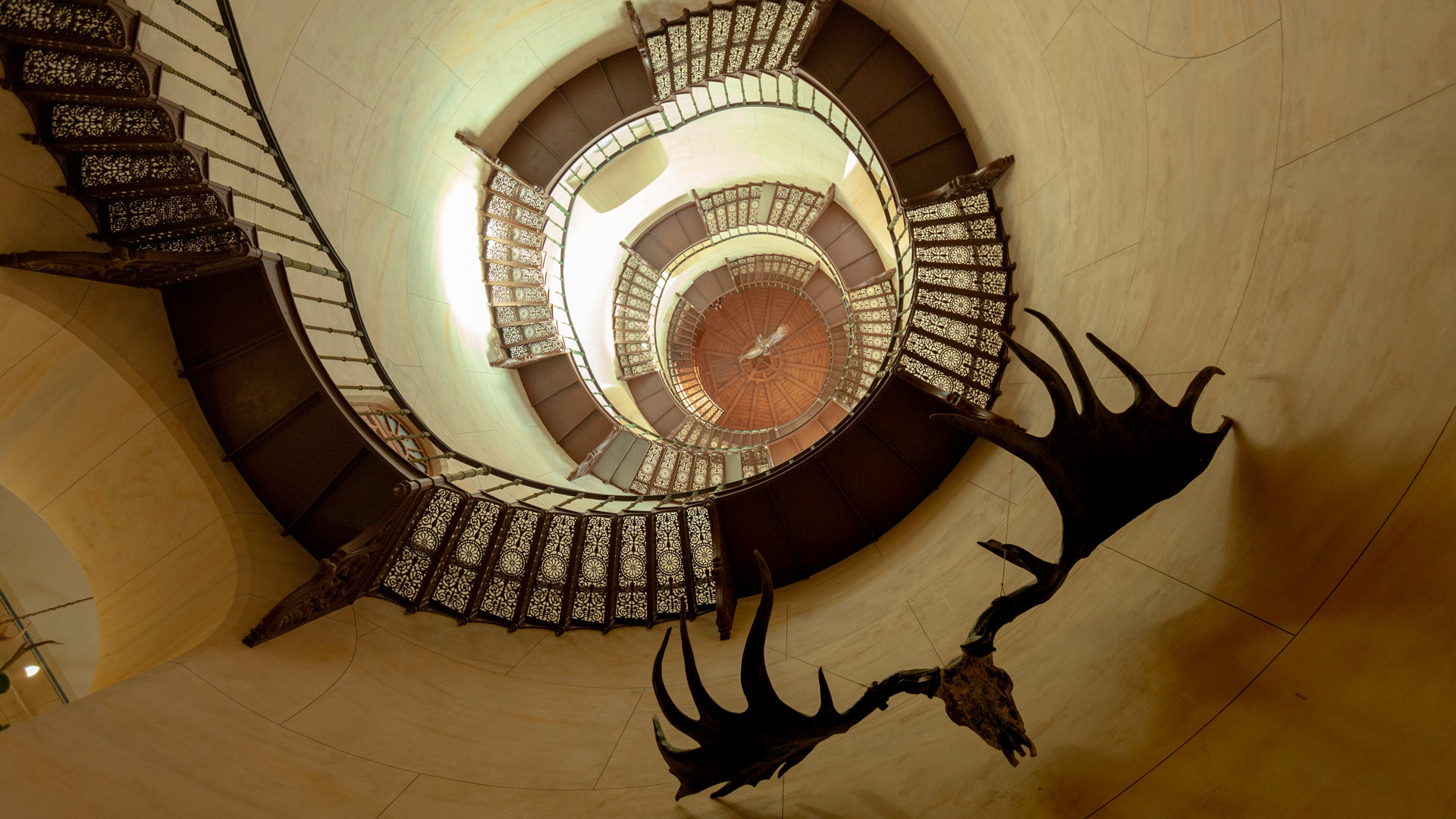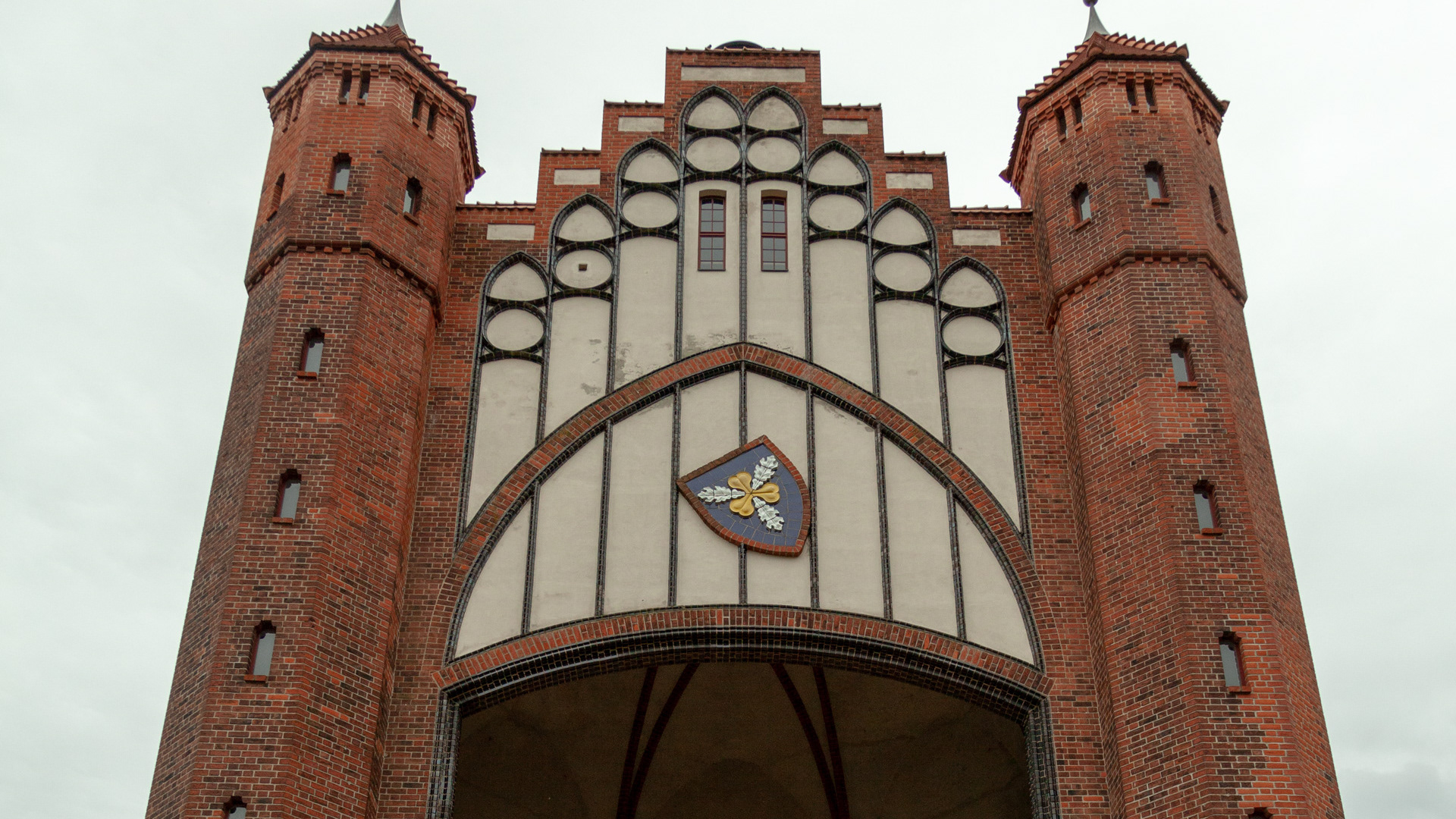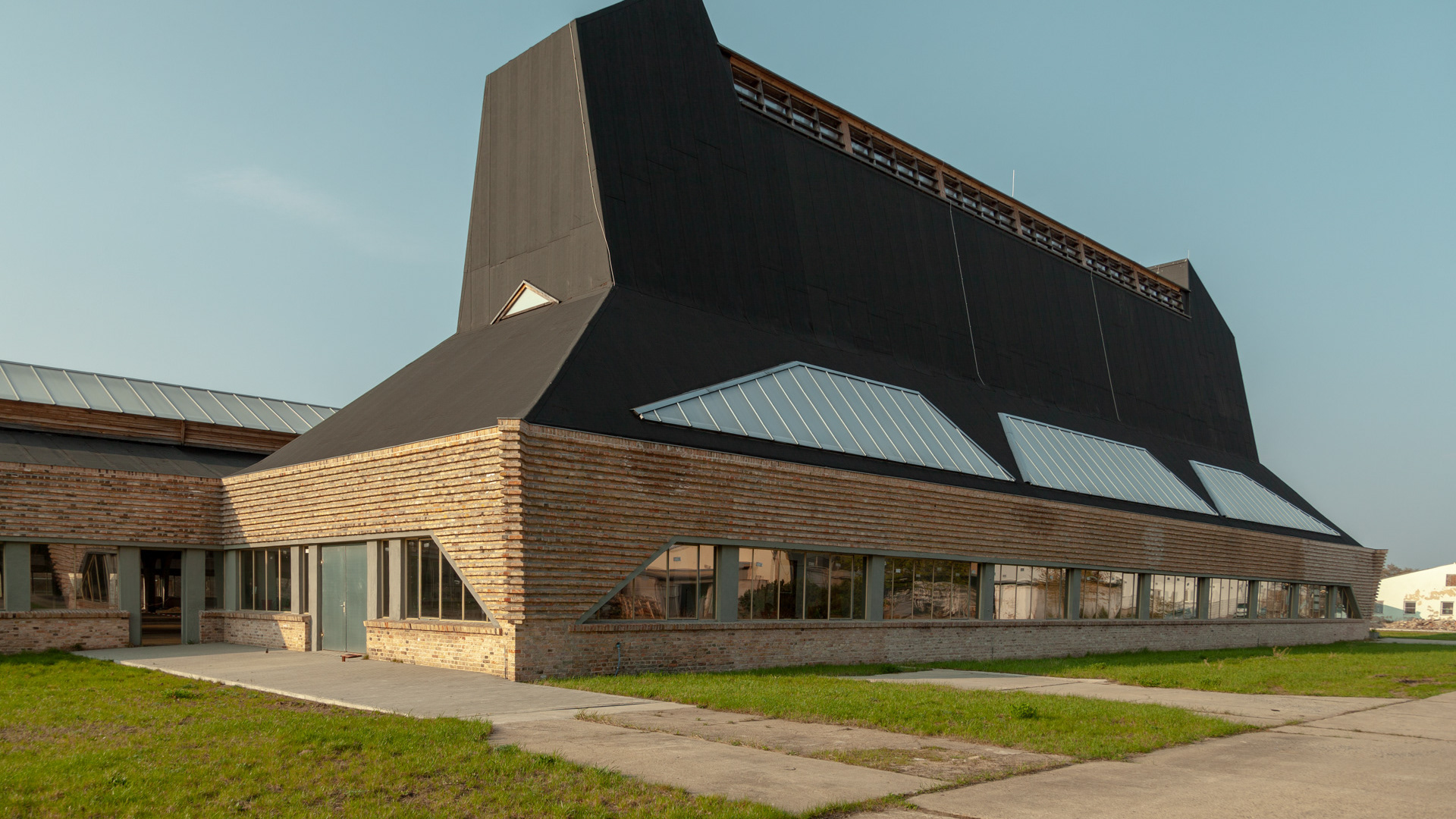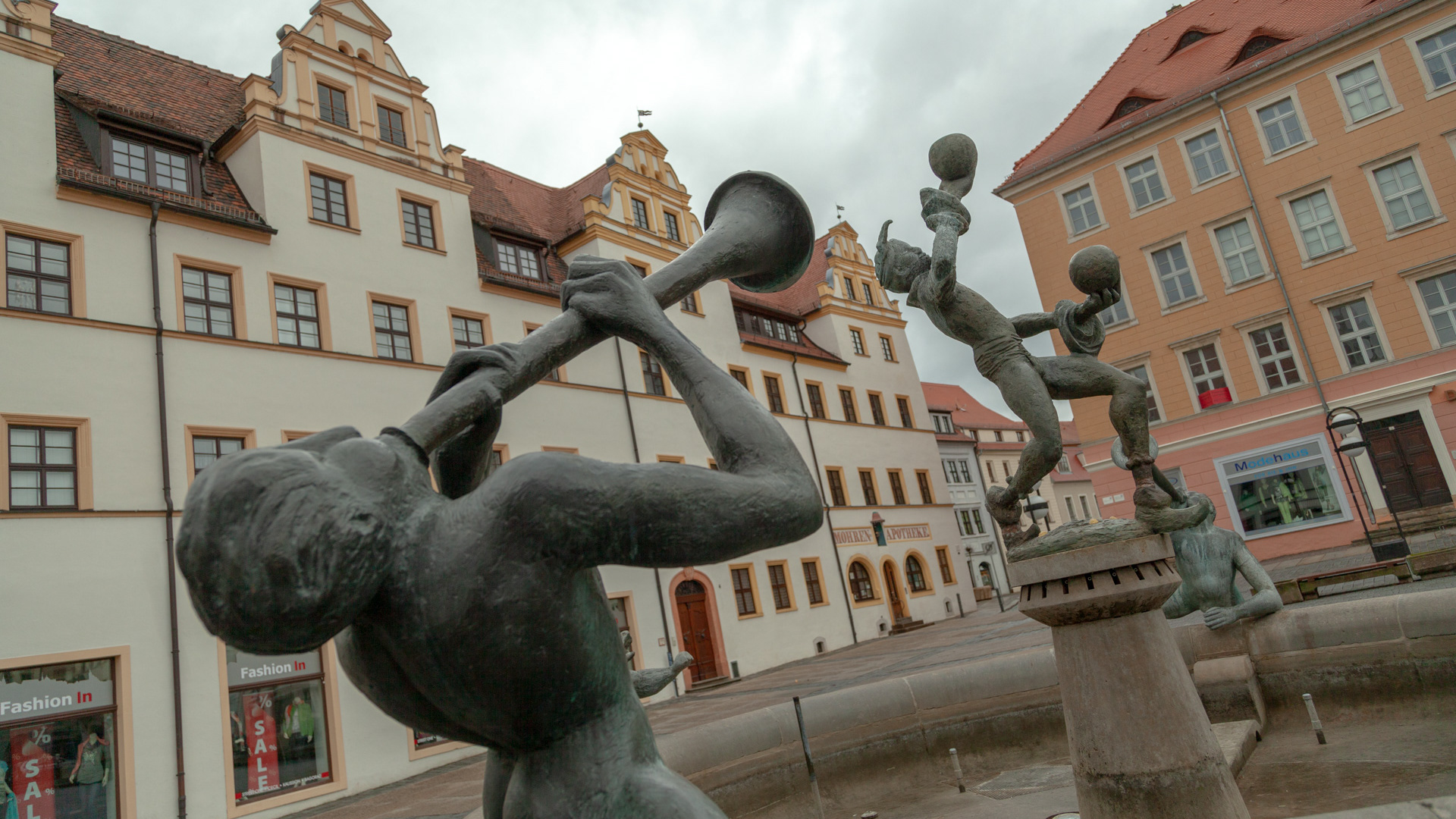Zinna Abbey (Kloster Zinna) is a former Cistercian monastery, the site of which is now occupied by a village also called Kloster Zinna, today part of Jüterbog in Brandenburg, Germany, about 60 km (37 mi) south of Berlin.
The abbey was founded in about 1170 by Wichmann von Seeburg, the Archbishop of Magdeburg, after his troops had conquered the former Slavic territory.
The plain abbey church is an early Gothic pillared basilica with a cruciform groundplan. In the late Gothic period vaulting was introduced into most parts of the structure.
The new settlement since 1902 has been called Kloster Zinna after the abbey and in 1992 was incorporated into the town of Jüterbog.
The abbey was founded in about 1170 by Wichmann von Seeburg, the Archbishop of Magdeburg, after his troops had conquered the former Slavic territory.
The plain abbey church is an early Gothic pillared basilica with a cruciform groundplan. In the late Gothic period vaulting was introduced into most parts of the structure.
The new settlement since 1902 has been called Kloster Zinna after the abbey and in 1992 was incorporated into the town of Jüterbog.
